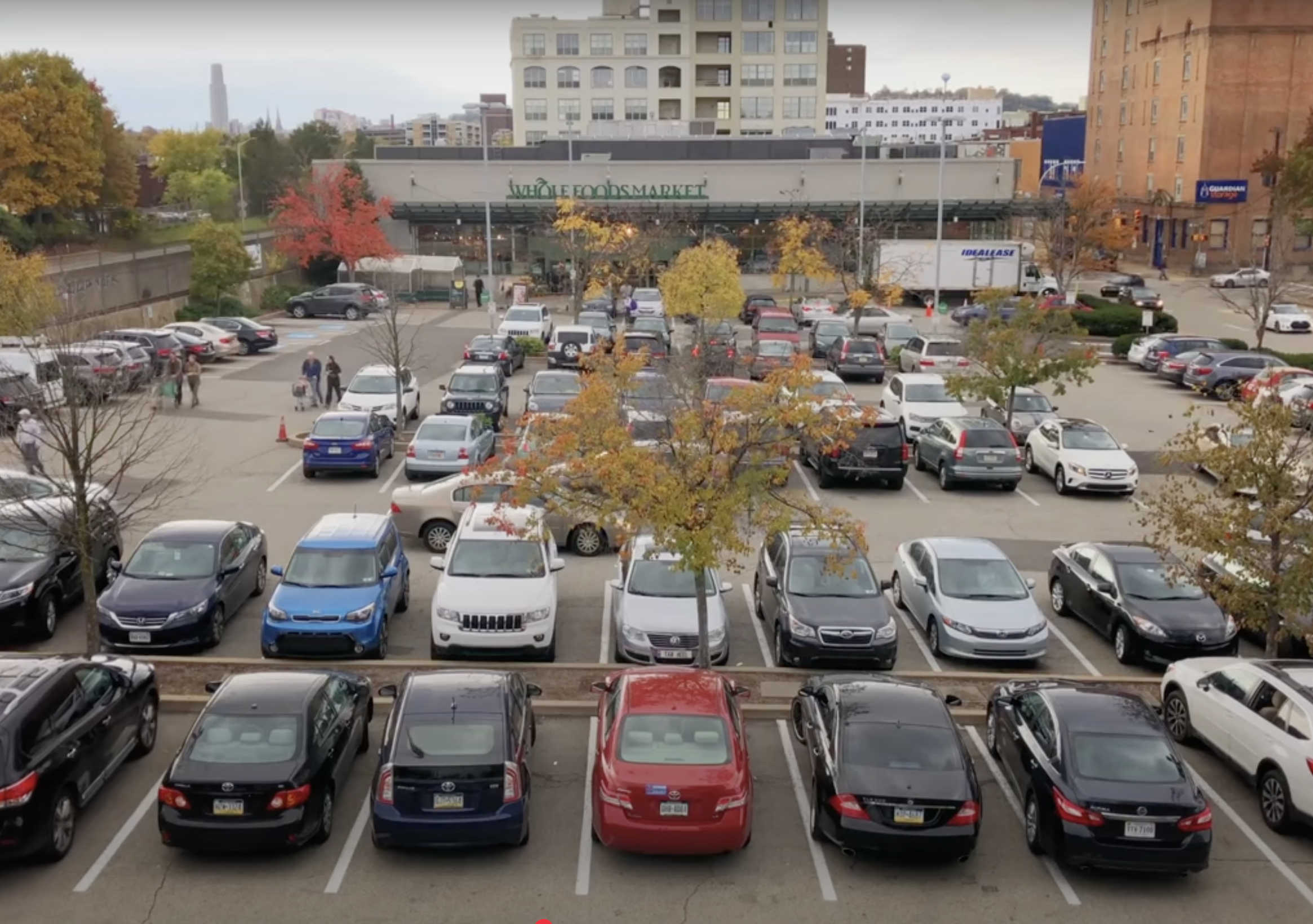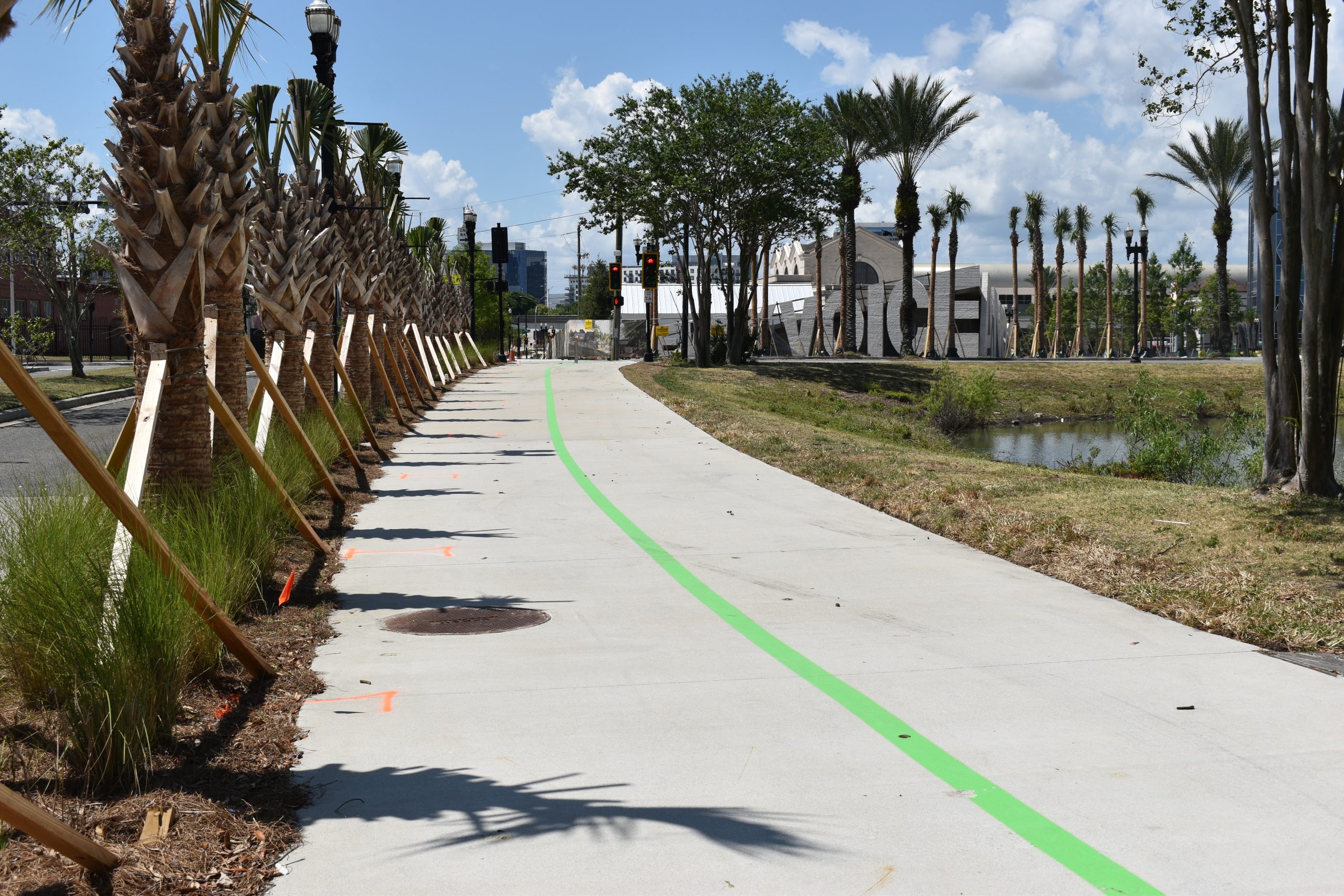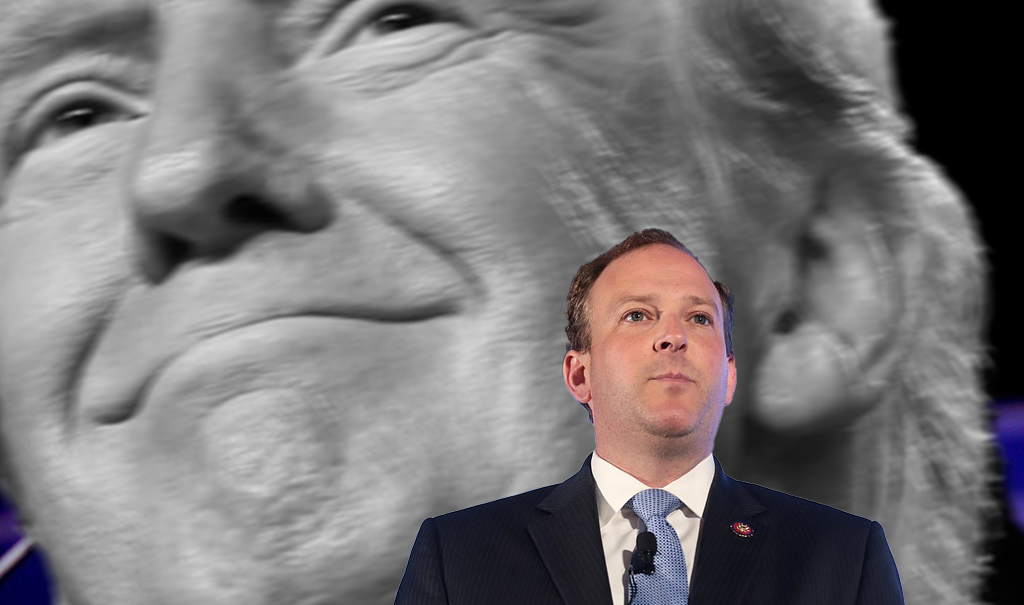The feds have taken over safety oversight of D.C.'s embattled Metro, and that could actually be cause for concern, says David Alpert at Greater Greater Washington.

U.S. Transportation Secretary Anthony Foxx laid out his vision for safety-related reforms under the aegis of the Federal Transit Administration in a recent piece in the Washington Post.
One person was killed when smoke filled a train earlier this year, and that's inexcusable, says Alpert. But the effort to improve Metro safety could backfire, he argues, if it entails overzealous disruptions to service:
There's particular reason to worry because the FTA has not behaved in the past like an organization that wants to help transit agencies. Instead, it's like a sword of Damocles hanging over each transit agency, ready to fall if the agency missteps.
FTA regularly behaves as though there's no problem with transit agencies running very little transit, yet spending huge dollars on expensive bureaucratic overhead. I'm sure not everyone at FTA feels this way, but the ultimate stance of the agency often ends up being that it doesn't matter if the transit gets run, only if every comma is in place on the forms.
Foxx seems to be saying he'll stand firmly behind FTA's safety people if they take the same attitude as the rest of the agency. If there's a way to improve safety by 0.000001% but it causes thousands of hours of rider delays, well, safety is number one...
If platforms get more crowded, that will harm safety too, perhaps far more than whatever a long-term shutdown or slowdown will fix. Same if people switch to driving, where they might imperil not only themselves but others. Shutting down night Metro service might help with repairs but also increase drunk driving, for instance.
Anthony Foxx has been a strong proponent of road safety, no doubt, and deserves credit for it. Still, none of us expects him to write that "America can forget any new road-expansion projects until the roads meet our safety standards."
Elsewhere on the Network today: WABA wonders why DC is still settling for unprotected bike lanes. The Dirt shares visualizations of how different cities have expanded over time. And Citizens for Modern Transit explains Kansas City's new experiment with "micro transit."





